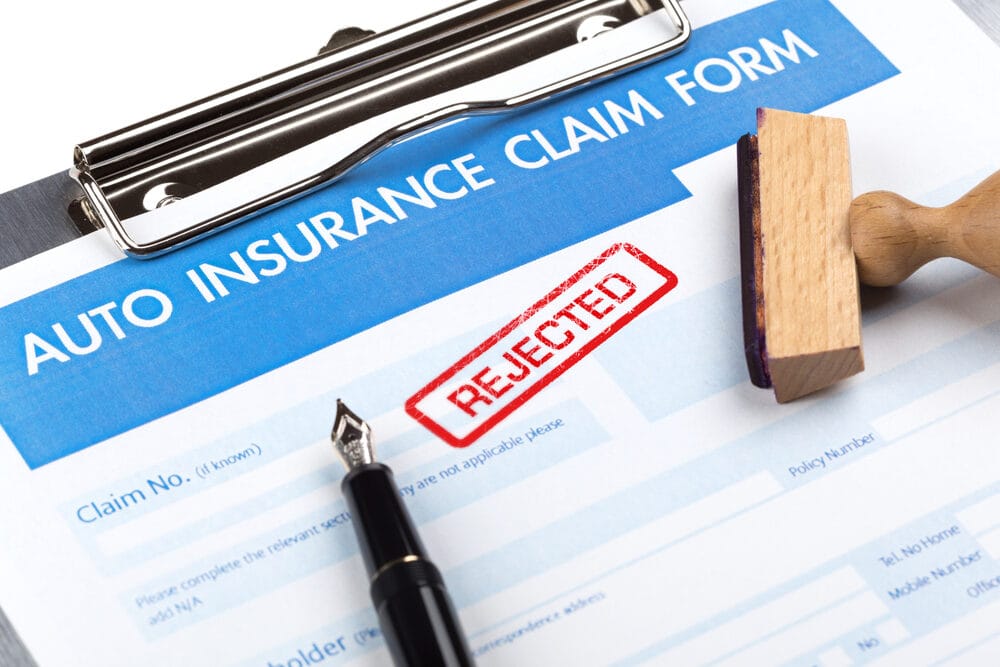Secrets Kept from Juries: Volume 1 – Insurance
There’s a dirty little secret in almost every personal injury trial. No one is allowed to talk about the defendant’s insurance. There’s talk about red lights, green lights, stop signs, icy sidewalks, injuries, but no insurance.
Minnesotans injured in car crashes, falls or other personal injuries are almost always prohibited from mentioning liability insurance at trial. In most cases anyone who mentions insurance will end up causing a mistrial and paying the other party’s costs to start over.
Jurors don’t like being kept in the dark. You can tell, because on many trials, the first question the jury asks the judge is, “Does the defendant have insurance?”
Why is it like this? Because the insurance industry and defense attorneys have fought long and hard to keep insurance a secret at trial.
Minnesota Rule of Evidence 411 excludes evidence of liability insurance:
Evidence that a person was or was not insured against liability is not admissible upon the issue whether the person acted negligently or otherwise wrongfully. This rule does not require the exclusion of evidence of insurance against liability when offered for another purpose, such as proof of agency, ownership, or control, or bias or prejudice of a witness.
This rule is supposedly to keep jurors focused on the facts about fault and damages rather than whether a defendant is insured. The insurance industry fears that if a jury knows the person who caused the crash has insurance, they will be more willing to give a big verdict. I mean, if a poor little old lady has to break open her bank account to pay the verdict, jurors might show some sympathy, but not so much if a big old insurance company is paying! If a little old lady is sitting at the defendant table, a jury may be sympathetic to her and not award the same amount of money damages they would if the defendant were an insurance company.

Some states, like Wisconsin, allow the insurance company to be sued directly by the injured person. Attempts to allow this in Minnesota have been fought tooth and nail by the insurance industry, afraid that jurors will be more generous with their verdicts if they know that it’s an insurance company paying rather than coming out of some poor guy’s bank account.
So our system keeps the jury in the dark.
Even worse, unscrupulous insurance defense attorneys often try to quietly hint that the at-fault driver is personally liable, even though it’s almost always an insurer that pays. If they came right out and said it, they might get slapped on the wrist by the judge, but they hint at it and sometimes more.
There are almost no personal injury cases that go to trial unless there is insurance, or at the very least, a very well-funded corporation. It’s just too hard to chase down uninsured defendants and try to squeeze money out of them. And if you do go to court and get a decent judgment, a quick trip through bankruptcy will erase that. So lawyers can’t afford to pursue folks without insurance.
It’s the insurer that calls all the shots. It’s an insurer who pays the defense lawyer and makes almost all the important decisions. It’s the insurer who makes the lowball offer that forces a case to trial. Pretending they don’t exist misleads jurors, enabling insurance companies to reduce payouts without being directly implicated.

This is an ongoing series about secrets kept hidden from juries. At Bradshaw & Bryant, we always tell you the truth because our goal is Justice for the Injured.








